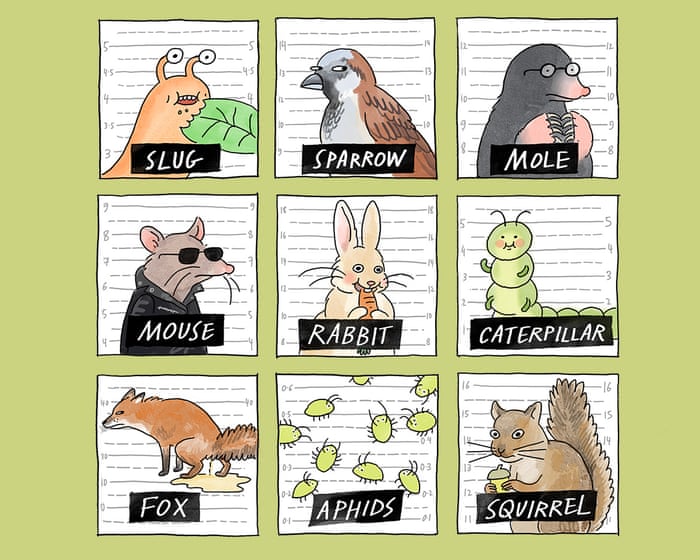The most telling part of Pep Guardiola’s interview with GQ was how exhausted he seemed. While headlines suggested he was considering a 15-year break from football, his actual words were more measured: “I don’t know how long I’ll stop for—a year, two years, three, five, 10, 15, I don’t know. But I will leave after this spell with City because I need to stop and focus on myself, on my body.” Still, his fatigue was unmistakable.
This shouldn’t come as a shock. Jürgen Klopp, after nearly 15 seasons at Dortmund and Liverpool (plus seven at Mainz), was drained enough to step away last summer. There were moments last season—especially during City’s four-month slump around Christmas—when Guardiola looked utterly spent. He admitted that his decision to extend his contract until 2027 was partly driven by guilt over the team’s struggles. “The problems we had in the last month, I felt now was not the right time to leave,” he said. And then things got worse.
There are two ways to look at this. On one hand, it’s admirable that a manager feels such responsibility toward his club. Many are fired before they can fix problems, while others happily walk away with a payout, leaving the mess for someone else. But on the other hand, it’s concerning if a manager with two years left on his deal is already dreaming of the long break he’ll take when it’s over.
Management is grueling. What stood out in Guardiola’s interview was how much he was affected by opposing fans chanting that he’d be sacked—something you’d assume a manager of his stature would shrug off. It’s a reminder of just how tough the job is, and it might be getting even harder.
Brian Clough’s autobiographies reveal how relentless management felt even decades ago. He once said there was no time to savor a Saturday win before having to prepare for Wednesday’s game—and that was before the schedule became as packed as it is now. Clough was known for taking midseason holidays in Mallorca and rarely showing up at training, yet even he found the grind overwhelming.
Today’s managers have more support—specialist coaches, analysts—and at top clubs, their focus is mainly on preparing the team. Transfers and long-term strategy usually fall to sporting directors. But it’s still a thankless job where success is quickly forgotten, and a few bad weeks can cost you your position. Guardiola, despite disliking the taunts from rival fans, at least had enough credit in the bank not to fear the sack.
He’s right: no other job subjects someone to such constant scrutiny and loud criticism—often from people who know far less about it than they do (yes, that includes journalists, though not all).Criticism isn’t always justified. Guardiola has spoken enthusiastically about rebuilding City’s squad. Given his naturally sarcastic tone, it’s hard to be certain, but his words seem genuine. For a manager who has stayed at one club for so long—especially one as successful as Guardiola—finding fresh motivation can be difficult. The thrill of building a title-winning team is exhilarating, but doing it again loses some of its spark.
Comedian Stewart Lee once wrote about deliberately losing part of his audience during long tours just for the satisfaction of winning them back. While Guardiola wouldn’t have chosen City’s current situation, he might relish the challenge of reclaiming the title.
Another factor is that very few managers stay at the top for more than a decade. Sir Alex Ferguson is the exception—20 years separated his first and last titles at Manchester United—but he’s an outlier. Arrigo Sacchi’s peak lasted about four years. Even José Mourinho was likely past his best when he won his last league title with Chelsea in 2014-15, 12 years after his first with Porto.
Since taking charge at Barcelona in 2008, every game Guardiola has managed has been analyzed. For 17 years (minus his sabbatical in New York), opponents have studied his tactics, looking for weaknesses. His genius has been in constantly evolving, staying ahead of the competition.
But the game moves faster now. What might have taken a season to figure out 50 years ago now takes weeks. Staying ahead requires relentless adaptation, and that’s exhausting. Eventually, even the best managers—like Mourinho or Wenger—run out of energy and begin to decline.
Guardiola isn’t there yet. Managerial declines are gradual, not sudden. But after 17 years at the top, the strain may be showing. Even if he’s still capable of winning another title, nothing lasts forever.



